
REX AIRLINES: The aftermath of their demise – higher airfares
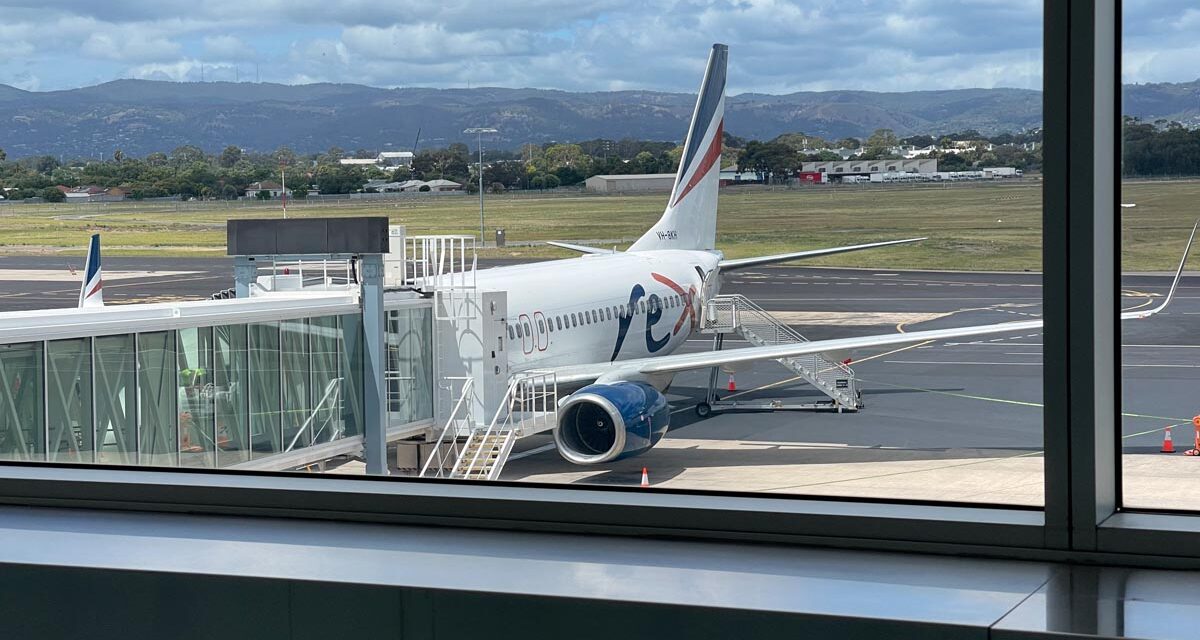
Regional Express (REX) went into administration late in July 2024. Although regional operations remain, it ceased flying its interstate capital city routes and relinquished its fleet of Boeing 737 aircraft. It’s the second airline to fold this year, with Bonza ceasing operations back in April.
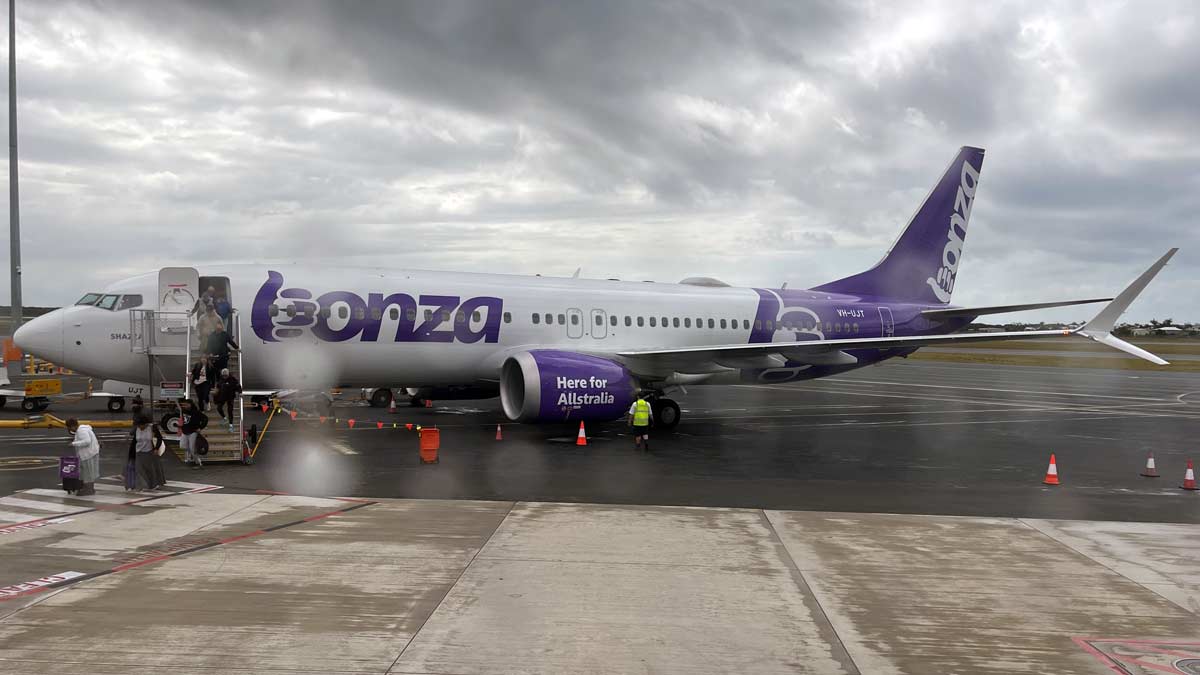
Competition
The loss of both airlines has affected competition, and as a result, airfares have risen according to the latest statistics from the Bureau of Infrastructure and Transport Research Economics (BITRE). Their index of restricted economy fares jumped from 81.3 in July – the last month of REX’s operations, to 93.3 in August and 93.6 for September. That’s the highest in more than 12 months.
OK, let me translate that into friendlier terms. Last December holidays, the index was at 85.5, a time when airfares usually peak for Christmas. So, now, in September 2024, well before Christmas, the index is at 93.6 – that’s way above Christmas last year.
Real Domestic Air Fare Index (July 2003=100)
| Survey Month | Best Discount | Business | Restricted Economy |
|---|---|---|---|
| Sep 2023 | 68.3 | 51.9 | 80.9 |
| Oct 2023 | 66.7 | 51.5 | 80.6 |
| Nov 2023 | 76.1 | 52.6 | 83.0 |
| Dec 2023 | 92.0 | 56.9 | 85.5 |
| Jan 2024 | 64.2 | 53.3 | 81.4 |
| Feb 2024 | 61.2 | 53.1 | 82.7 |
| Mar 2024 | 82.6 | 53.6 | 85.2 |
| Apr 2024 | 60.0 | 58.0 | 82.3 |
| May 2024 | 56.6 | 61.0 | 87.1 |
| June 2024 | 60.1 | 61.5 | 81.8 |
| July 2024 | 57.5 | 62.2 | 81.3 |
| Aug 2024 | 58.4 | 63.6 | 93.3 |
| Sep 2024 | 70.0 | 63.5 | 93.6 |
Qantas’ defence
Now Qantas, with over 60 % of the domestic market, is the main culprit here. But it argues that BITRE’s statistics don’t tell the full story because they are just a slice of the evidence from one single day in September, and they don’t take into account the airlines’ actual yields. That is the money Qantas makes per seat, compared to what it costs them to provide it.
It argues that once you take inflation into account, prices are flat. Potato/potato.
But, that flies in the face of the actual evidence, given that REX was providing Business Class seats at a cost less than some Qantas economy seats. REX wasn’t apparently making any money on these flights, but at least they were providing competition which was having a downward impact on overall pricing.
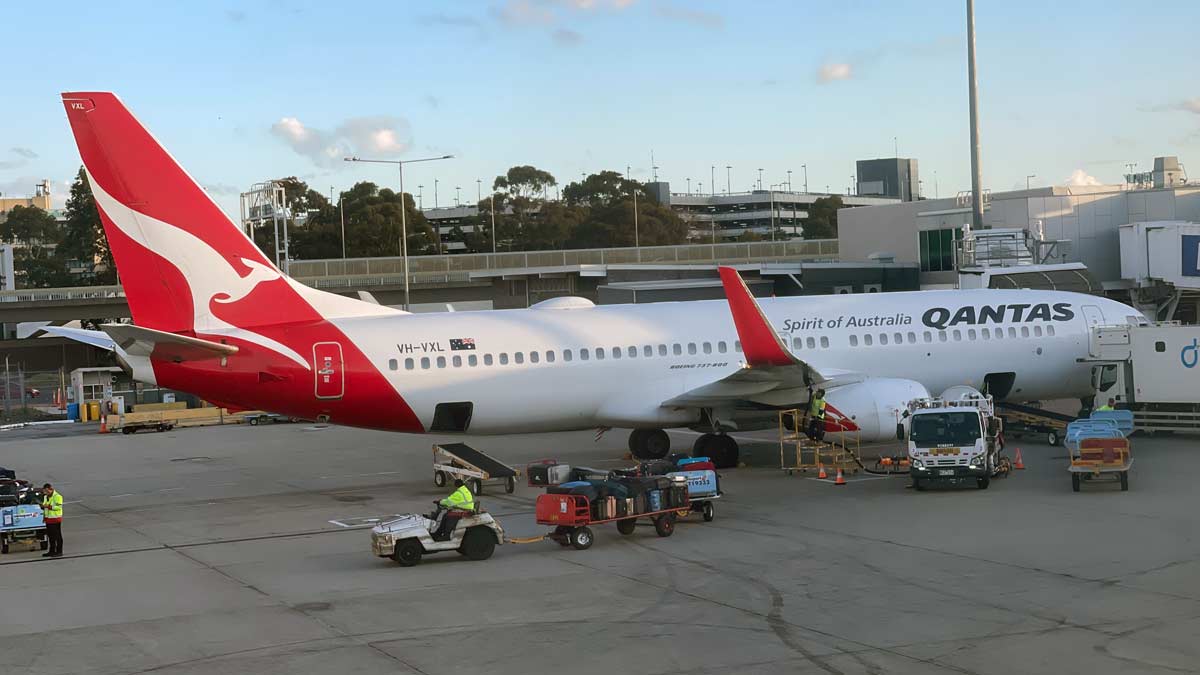
Rising prices
With reduced capacity – REX added about 1% to the capital city market, now removed – comes higher prices. Qantas hasn’t helped itself by raising charges by 20% for changed booking dates or passenger names. And this is at a time where Qantas is trying to rebuild brand and bridges of trust with its customers.
Qantas does have some building cost pressures like wages, but some of its costs are also reducing, like fuel costs.
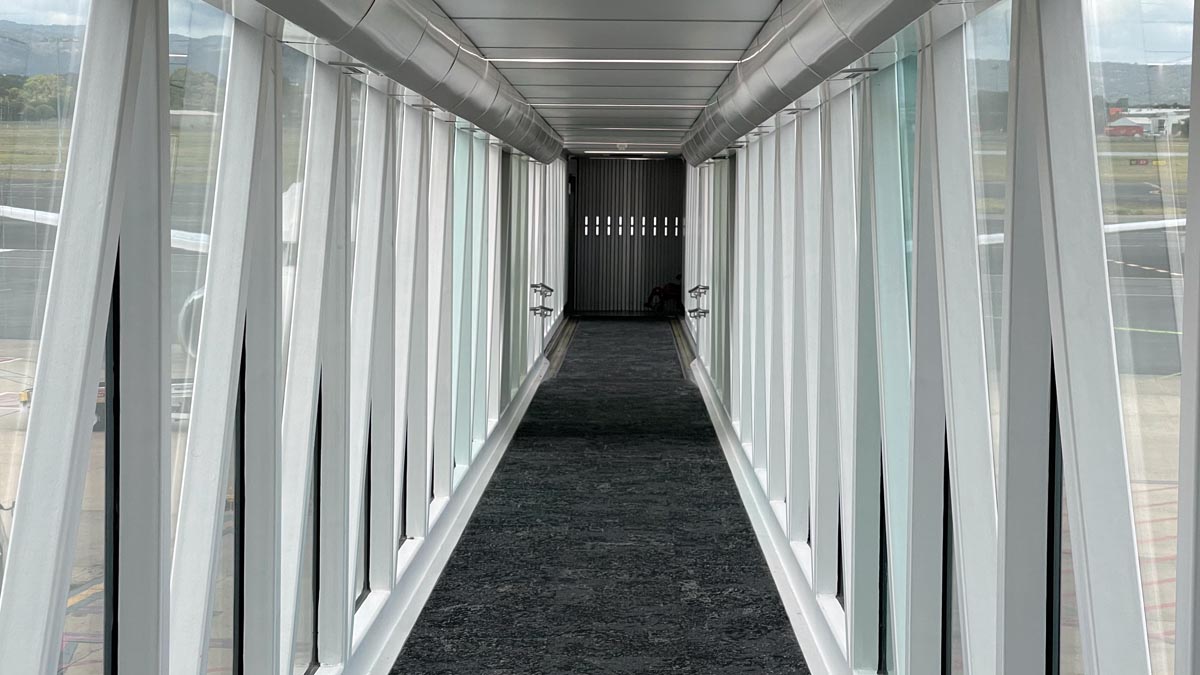
2PAXfly Takeout
BITRE statistics show that the reduction in airline competition caused by the loss of Bonza and REX capital city flying is allowing remaining airlines, especially Qantas to increase their airfares and charges.
If you want to know more, have a look at the actual statistics, and for more on the Qantas view, have a look at this AFR article.


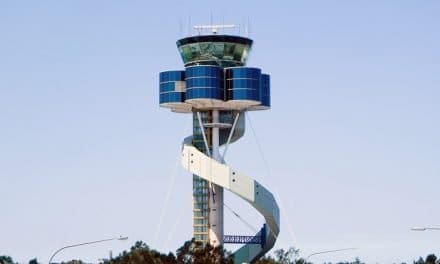





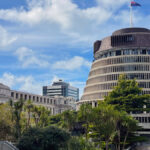


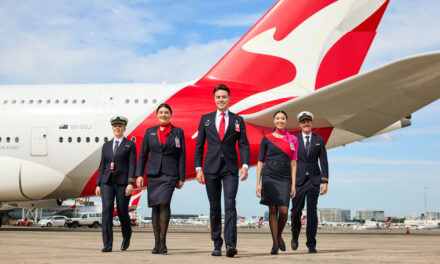
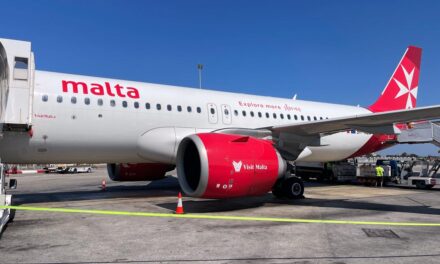






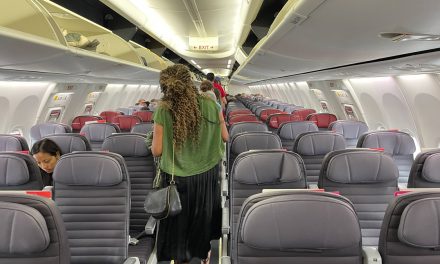



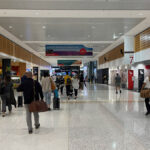

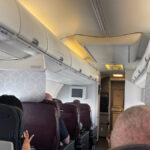





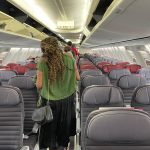

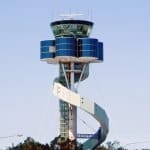

What did you say?